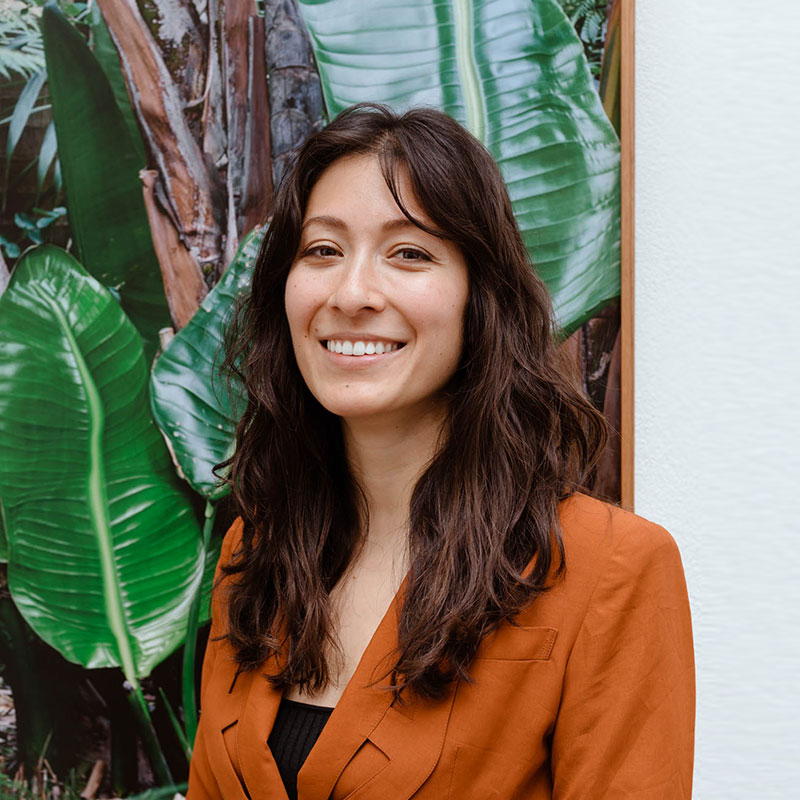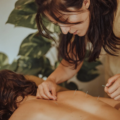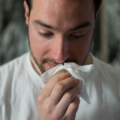Vulvodynia… ever heard of it?
Vulvodynia is not a very well known condition and most people have never heard the word before. So, let’s talk it through a bit.
Not a name known to many, vulvodynia is a chronic condition of the vagina involving pain and possibly burning sensations of the vulva. The pain is often brought on by pressure – riding a bike, sexual intercourse, or sitting for long periods.
While a cause for vulvodynia is not yet known, some research offers that some people are born with more nerve endings around their vagina. If these nerves are damaged, the area becomes hypersensitive. Often, damage may be triggered by chronic thrush, sexual trauma, and childbirth.
Treatments often include “avoiding aggravating activities,” nerve-block injections, surgery, antidepressants, and hormonal or anesthetic medication. These unfortunately may have negative impacts on social, physical, and mental health.
Can acupuncture help?
In general, acupuncture works to reduce the hypersensitivity of nerves to triggers, reduce pain, balance hormones, reduce thrush, and increase blood flow. Although we direct treatments to the genital area, no local needling is required. Points used are most often found on the limbs. Point prescriptions are tailored to each individual depending on different triggers, potential causes, lifestyle, and constitution.
Treatments may benefit from combining therapies, such as additional counselling and pelvic physiotherapy.
Acupuncture has shown promise in managing chronic pain conditions. By stimulating specific points on the body, acupuncture aims to restore balance and promote healing. In the case of vulvodynia, acupuncture may offer a holistic approach, addressing both physical and emotional aspects of the condition.
Research suggests that acupuncture can help alleviate pain by modulating the perception of pain signals in the brain and reducing inflammation. By promoting relaxation and reducing stress, acupuncture may also contribute to balancing hormones, a crucial factor in managing vulvodynia.
Moreover, acupuncture’s ability to enhance blood flow may play a role in healing and reducing the hypersensitivity associated with vulvodynia. While local needling is not required, practitioners tailor point prescriptions to each individual’s unique circumstances, taking into account triggers, potential causes, lifestyle, and constitution.
Combining acupuncture with additional therapies such as counseling and pelvic physiotherapy may provide a comprehensive approach to managing vulvodynia. By addressing the physical, emotional, and psychological aspects of the condition, individuals may find relief and improved overall well-being.
In conclusion, while vulvodynia may not be a widely recognized condition, its impact on individuals can be profound. Exploring alternative and holistic approaches, such as acupuncture, offers hope for those seeking effective and minimally invasive solutions to manage the challenges associated with vulvodynia.
– Michelle





